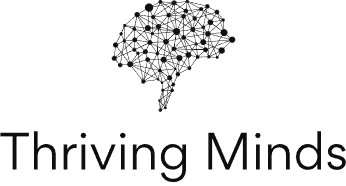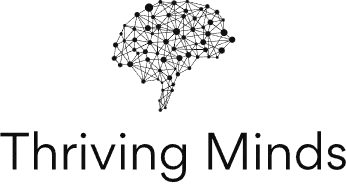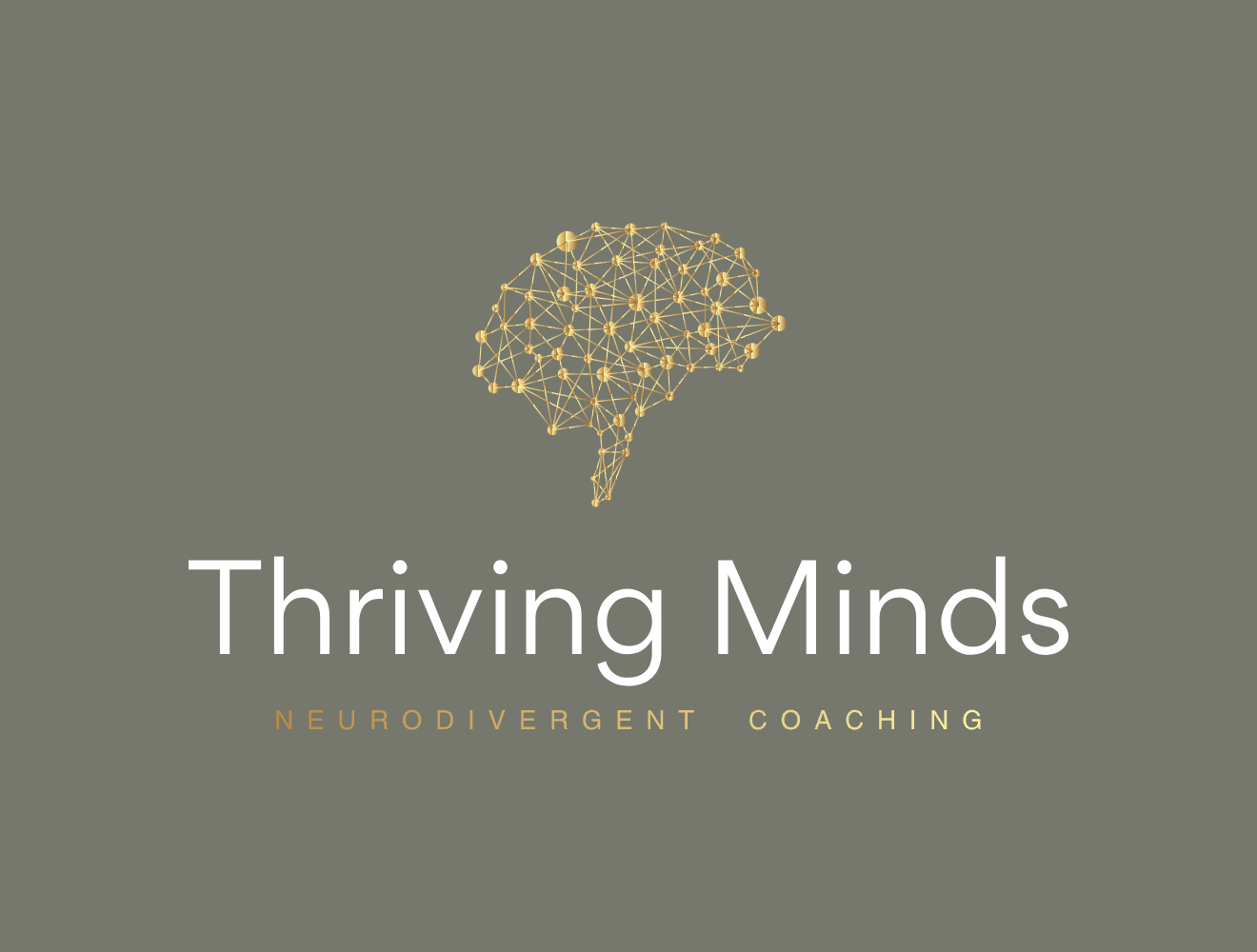Understanding ADHD And Its Impact On Daily Life

Have you ever started a task, got distracted halfway through, and found yourself wondering where the time went? For someone living with ADHD, that experience is part of daily life. From forgotten appointments to bursts of creative energy, ADHD affects how people think, feel, and handle everyday challenges. But understanding ADHD and how it shapes life can make a world of difference.
What Is ADHD Explained Simply?
ADHD, or Attention-Deficit/Hyperactivity Disorder, is a common neurodevelopmental condition that affects both children and adults. It influences a person’s ability to focus, stay organized, and control impulses. While it’s often talked about in relation to kids, ADHD also affects many adults who were never diagnosed when they were younger.
Put simply, ADHD makes it hard for the brain to manage attention and impulse control. Some people might find it difficult to stay on task, while others feel constantly restless or impulsive. The condition isn’t a sign of laziness or lack of intelligence, it’s a genuine difference in how the brain functions.
If you’d like to learn more about ADHD and get professional insights, you can visit Thriving Minds, which provides resources for understanding and living with ADHD.
How Does ADHD Impact Everyday Life?
Living with ADHD means experiencing daily moments that can feel like uphill climbs. Simple routines such as waking up on time, finishing a work project, or keeping track of chores may take extra effort. For many people, ADHD symptoms show up in the form of forgetfulness, restlessness, or difficulty focusing on one thing for long periods.
ADHD at Work and School
In professional settings, people with ADHD might struggle with deadlines or meetings that require long attention spans. Students might find lectures challenging because their minds drift easily. On the flip side, ADHD often brings creativity, energy, and problem-solving skills that can shine in flexible environments.
ADHD at Home
In personal life, ADHD can affect relationships and self-esteem. Misplacing keys, forgetting plans, or interrupting conversations may create misunderstandings. However, with the right strategies and support, living with ADHD can become more manageable and even empowering.
Understanding how ADHD symptoms appear day-to-day helps people recognize patterns rather than feel frustrated by them. Identifying these patterns is the first step toward better self-awareness and growth.
Why Is Understanding ADHD Important?
Understanding ADHD is not just about learning the science behind it. It’s about developing empathy, for yourself or for someone you care about. Many people with ADHD spend years feeling misunderstood or judged for behaviors beyond their control. Recognizing that ADHD is a neurological condition allows us to replace criticism with compassion.
Knowledge also encourages early diagnosis and treatment. When parents, teachers, and employers understand what ADHD looks like, they can provide support that reduces stress and improves daily functioning.
Communities such as Thriving Minds are great places to find resources, connect with experts, and learn practical steps to thrive while living with ADHD.
How Does ADHD Impact Quality of Life?
ADHD influences nearly every part of a person’s life, emotional health, work performance, and even relationships. According to the Centers for Disease Control and Prevention (CDC), ADHD affects roughly 9.8% of children in the United States, and many continue to experience symptoms into adulthood.
The challenges can range from mild frustration to serious impacts on confidence and daily routines. Adults with ADHD often describe their days as mentally noisy, full of thoughts, reminders, and emotions competing for attention. Children might struggle to follow instructions or stay calm in the classroom.
Yet, ADHD also brings unique strengths. Many people with ADHD excel in creative fields, problem-solving, and dynamic careers that value flexibility and innovation. The key is learning to manage challenges while building on strengths.
If ADHD begins to affect your quality of life, consider getting quotes or consultations from mental health professionals. Therapists, ADHD coaches, and support groups can help you explore strategies or treatment options tailored to your needs.
ADHD Symptoms and How They Show Up Day-to-Day
Everyone experiences distraction or forgetfulness sometimes, but for people with ADHD, these experiences are consistent and often interfere with daily functioning. The core ADHD symptoms fall into three main categories:
- Inattention:
Trouble focusing, frequent daydreaming, and difficulty following detailed instructions. - Hyperactivity:
Restlessness, excessive talking, or the need to always stay busy. - Impulsivity:
Acting quickly without thinking, interrupting others, or making fast decisions without considering consequences.
These symptoms can look very different from person to person. Some individuals are more inattentive, while others are primarily hyperactive or impulsive.
ADHD in Children Vs Adults
In children, ADHD symptoms often show up as fidgeting, trouble sitting still, or difficulty focusing in school. Teachers might notice the child daydreams often or talks out of turn.
In adults, ADHD symptoms can appear in more subtle ways. Many adults living with ADHD struggle with time management, finishing projects, or maintaining consistent organization. Emotional regulation can also be harder, leading to stress or frustration over small challenges.
The good news is that with awareness and support, these symptoms can be managed effectively.
ADHD Treatment Options and Coping Strategies
There’s no single treatment that fits everyone with ADHD, but a combination of methods often works best. Understanding different ADHD treatment options helps people build a balanced plan that supports their specific needs.
1. Medication
Stimulant and non-stimulant medications can help regulate attention and reduce impulsivity. Always consult a licensed medical professional before starting or changing medication.
2. Therapy and Coaching
Behavioral therapy and ADHD coaching can teach strategies to improve focus and manage emotions. These sessions often include tools for time management, goal setting, and stress control.
3. Lifestyle and Routine
Healthy routines are crucial for living with ADHD. Regular exercise, enough sleep, and balanced nutrition support concentration and energy. Simple tricks like setting reminders or keeping visual planners can make a big difference.
4. Support Systems
Connecting with others who understand ADHD can bring encouragement and accountability. Local or online communities such as Thriving Minds offer tips and personal stories that remind readers they are not alone.
If you’re exploring treatment or therapy, it’s helpful to get quotes from licensed professionals to compare services and find the right fit. Some clinics offer consultations or coaching packages tailored for individuals or families living with ADHD.
How Does ADHD Impact Quality of Life Over Time?
ADHD does not disappear with age, but its effects can change. Some people find that hyperactivity lessens while inattention or forgetfulness becomes more noticeable. The most important factor is learning coping strategies that evolve with life’s demands.
For instance:
- Students may need study tools and support in school.
- Adults might benefit from productivity apps or therapy.
- Parents living with ADHD might focus on structure and teamwork at home.
With the right ADHD treatment options and a strong support network, it’s possible to lead a balanced and fulfilling life.
Final Thoughts
ADHD is more than a label, it’s a different way of thinking, feeling, and experiencing the world. While it can make daily life challenging, it also offers creativity, insight, and resilience. Understanding ADHD allows us to replace judgment with empathy and confusion with clarity.
If you or someone you know is living with ADHD, remember that support is available. Learning about symptoms, exploring ADHD treatment options, and building healthy routines can transform everyday struggles into steps toward progress.
Start your journey toward better understanding and balance. Visit Thriving Minds to find trusted information, personal stories, and practical tools for managing ADHD.








